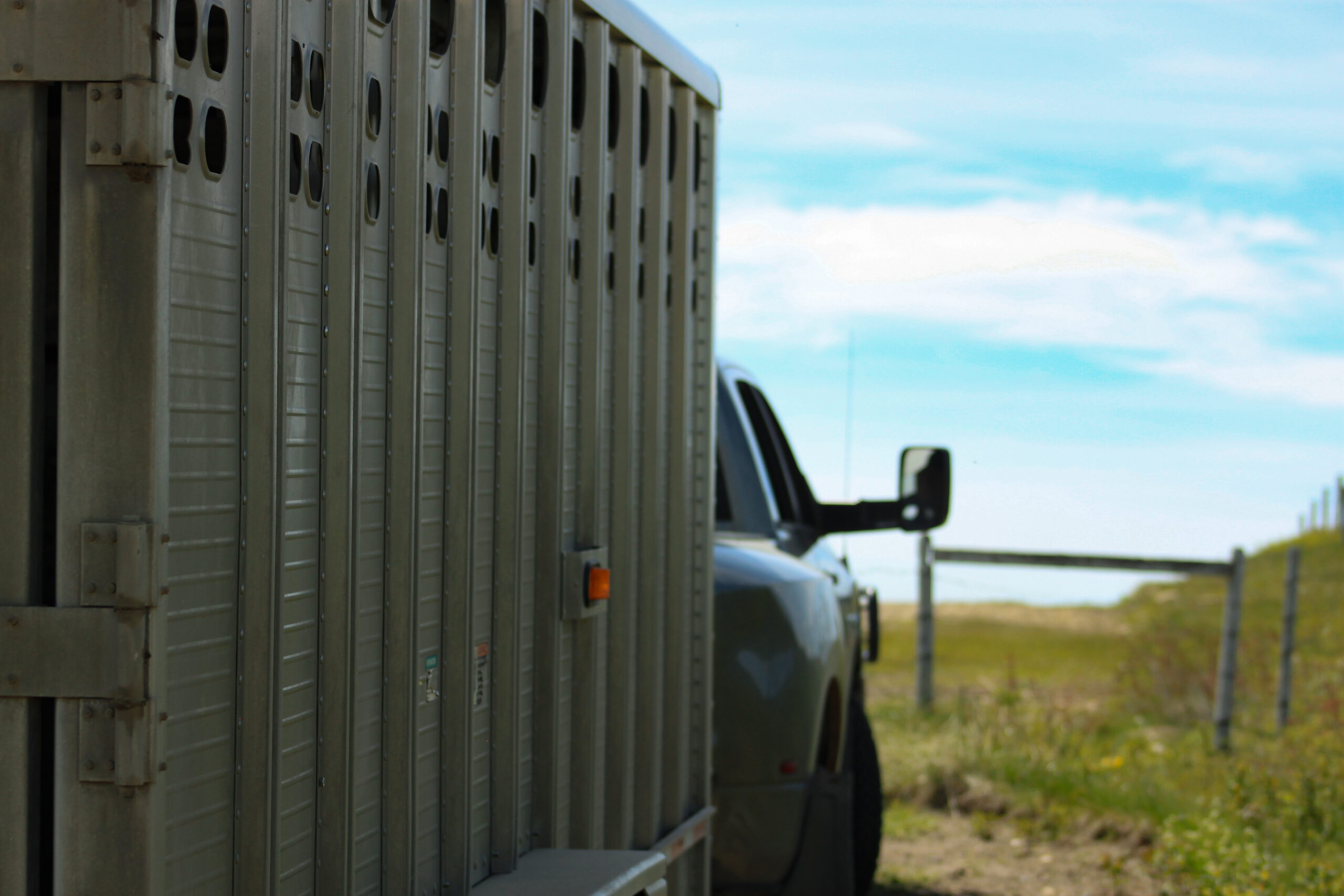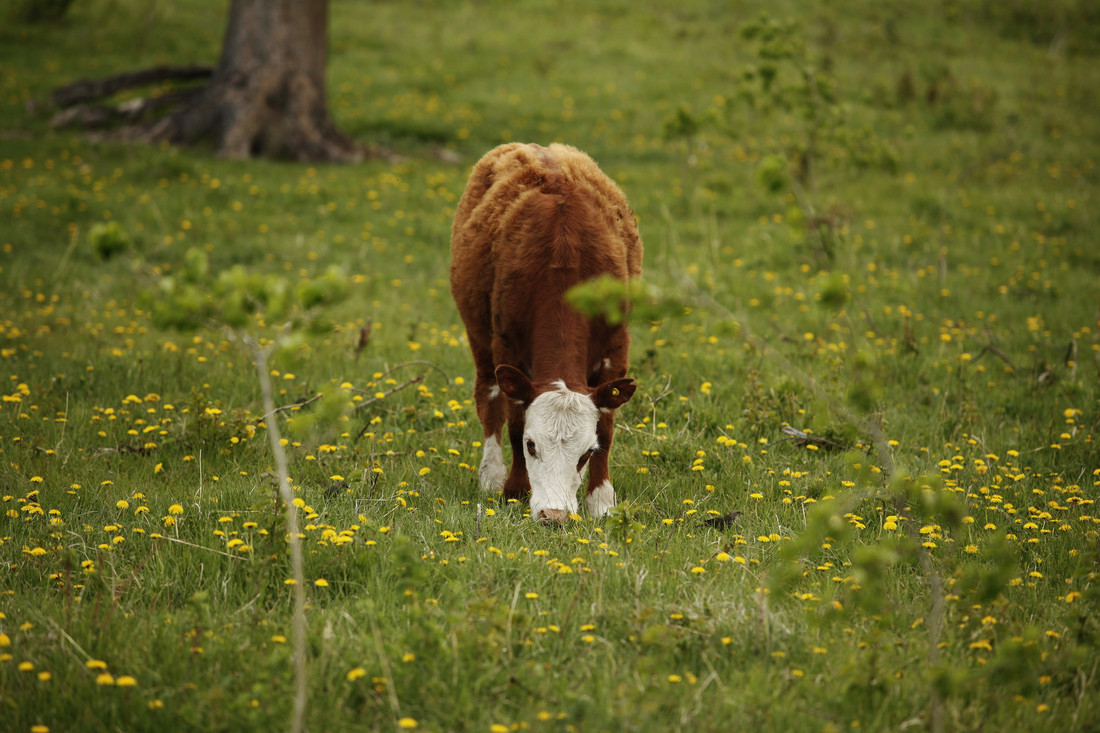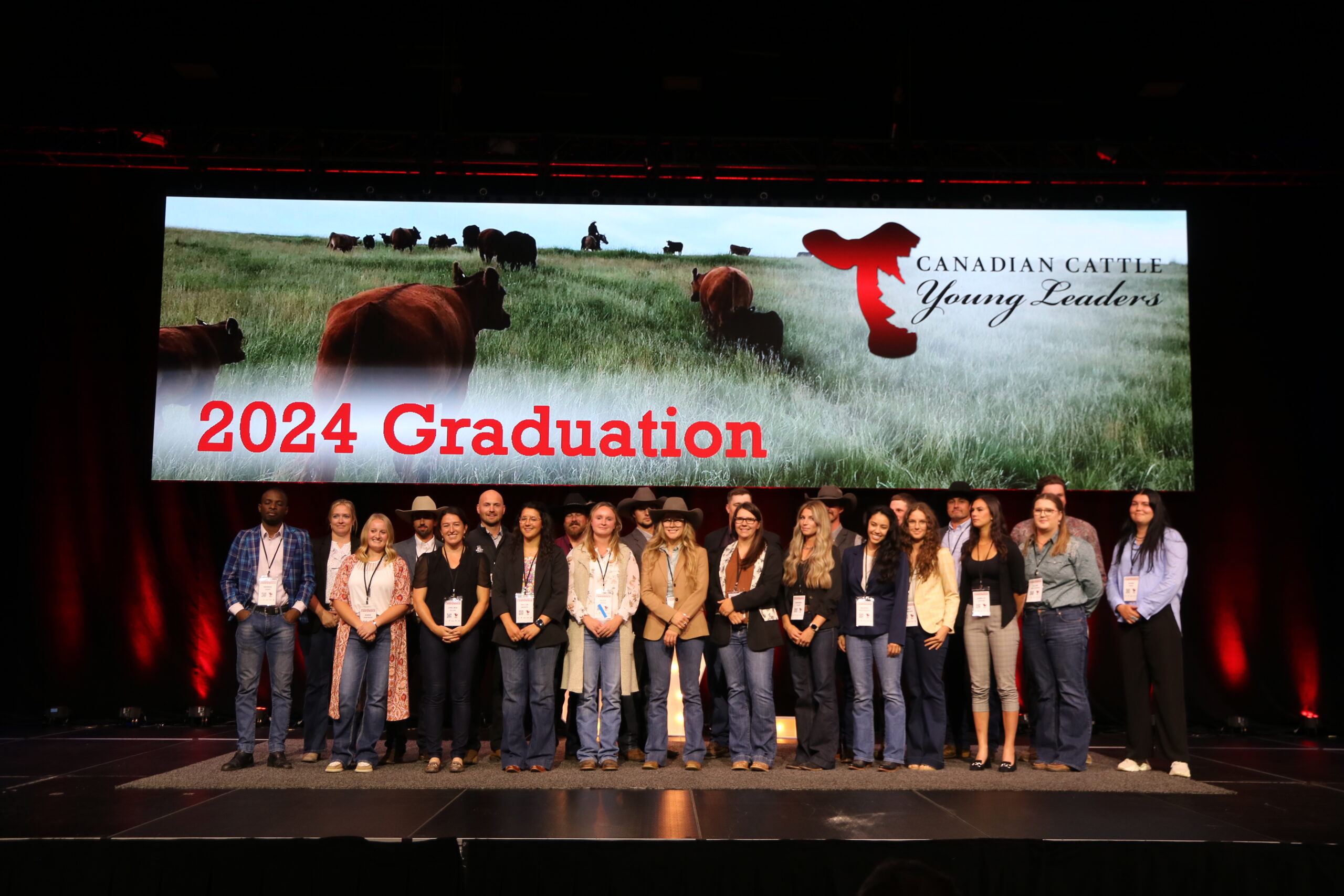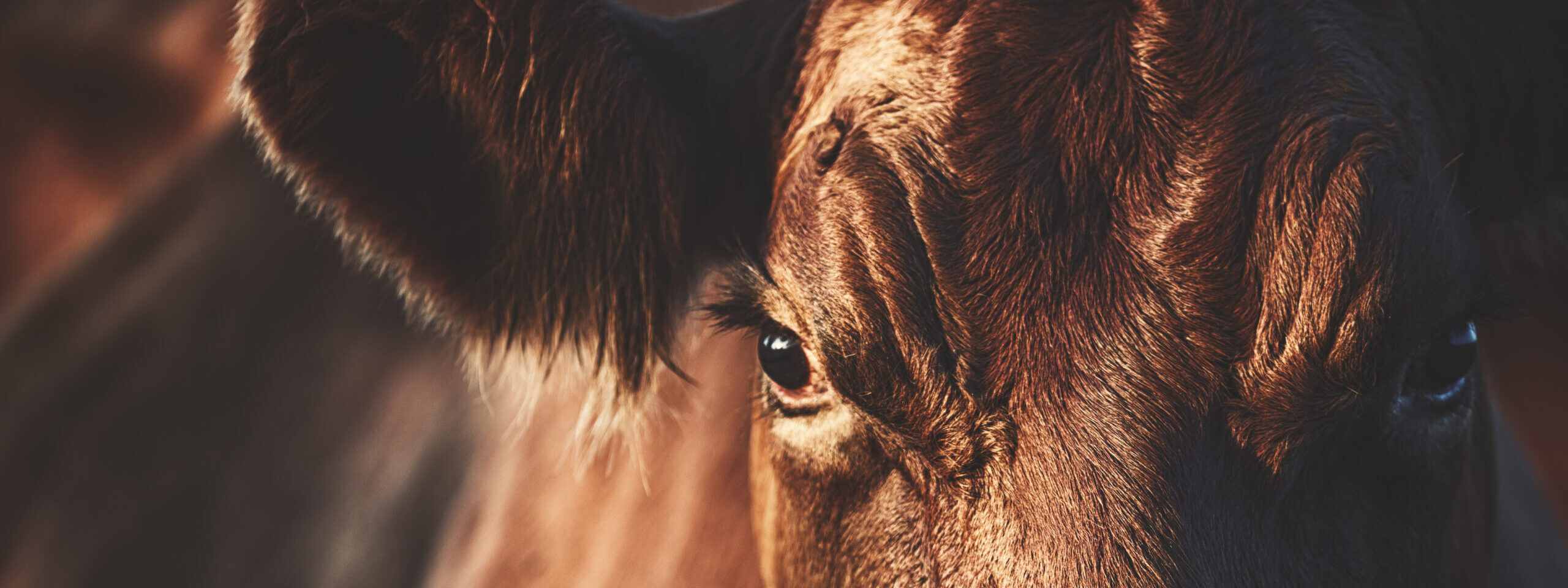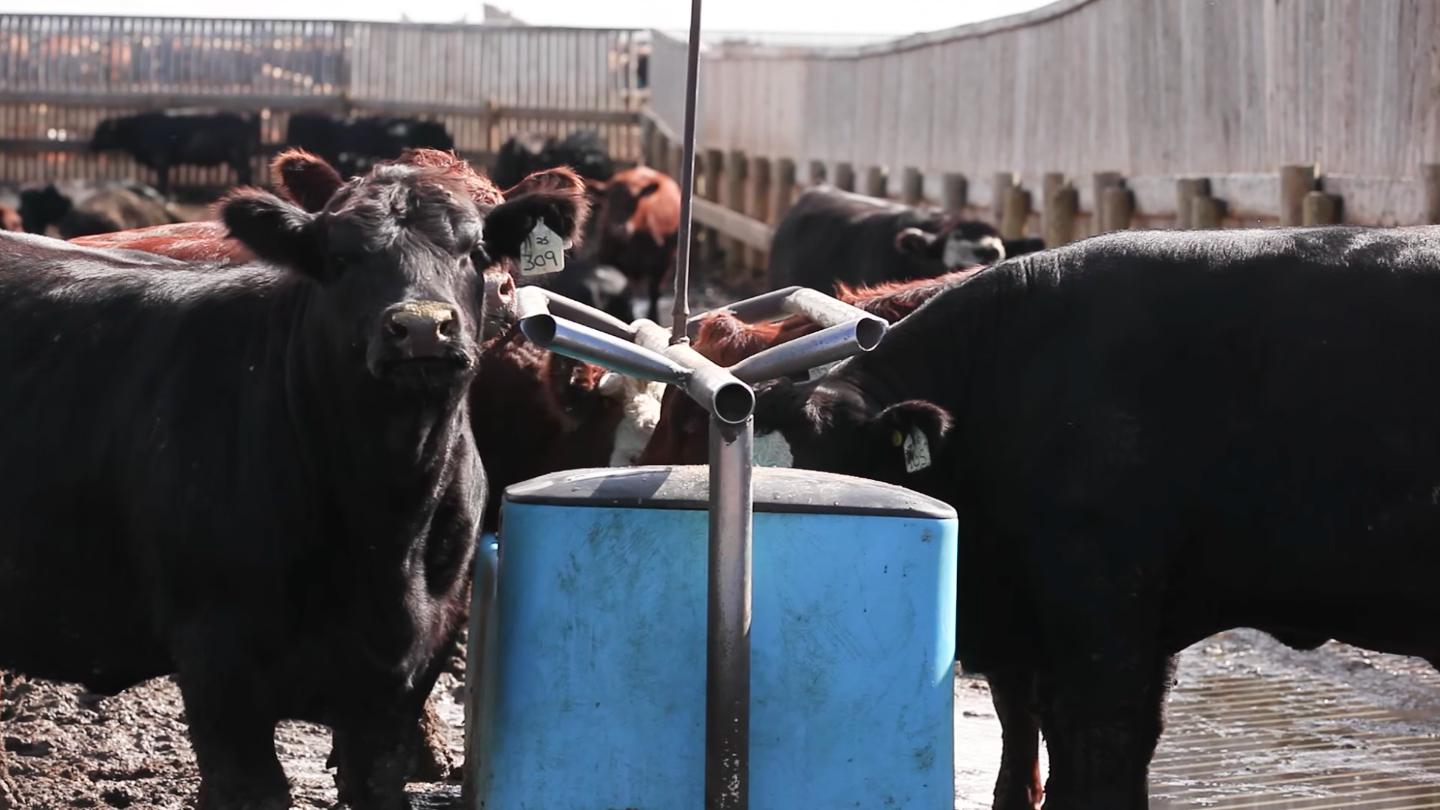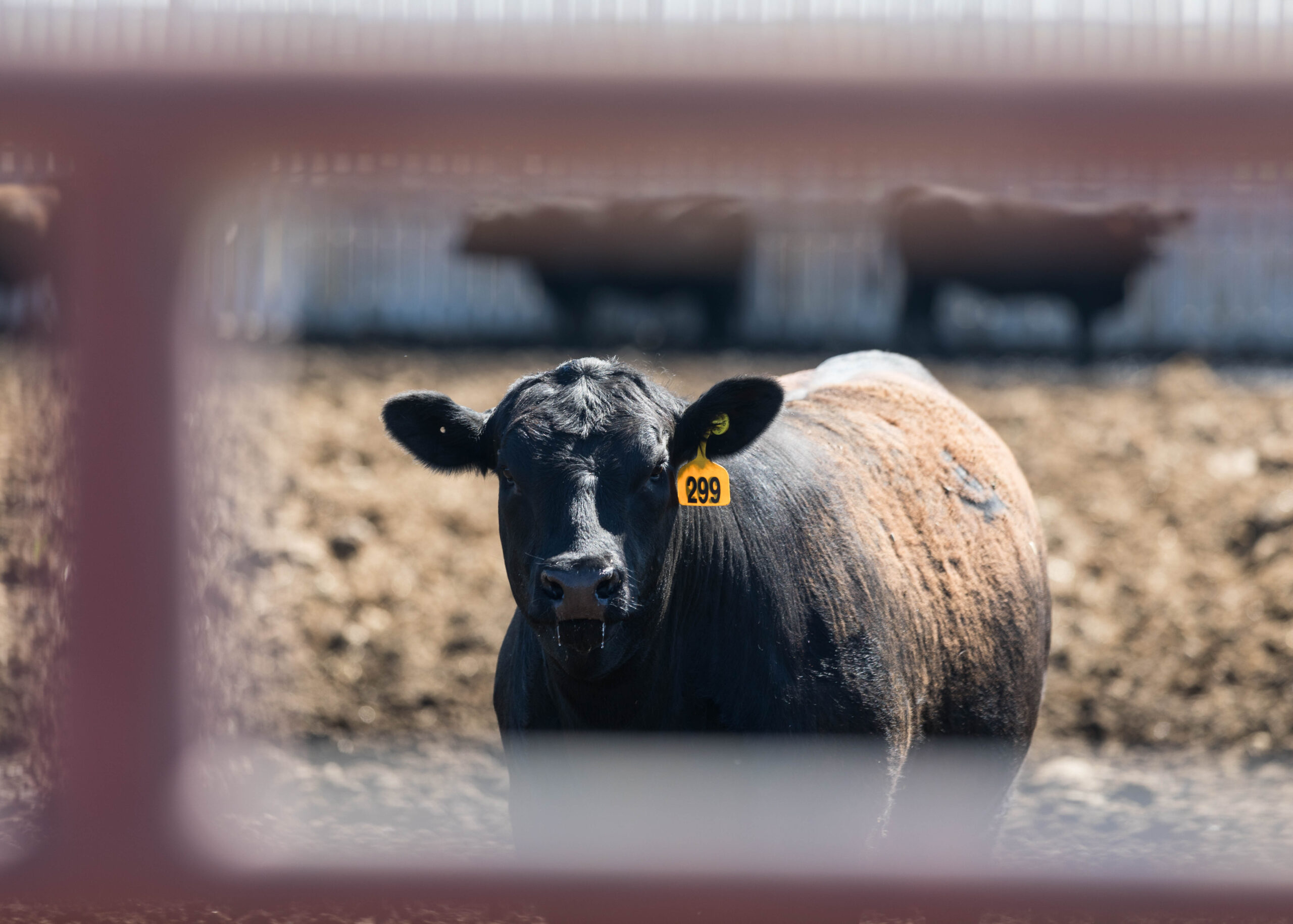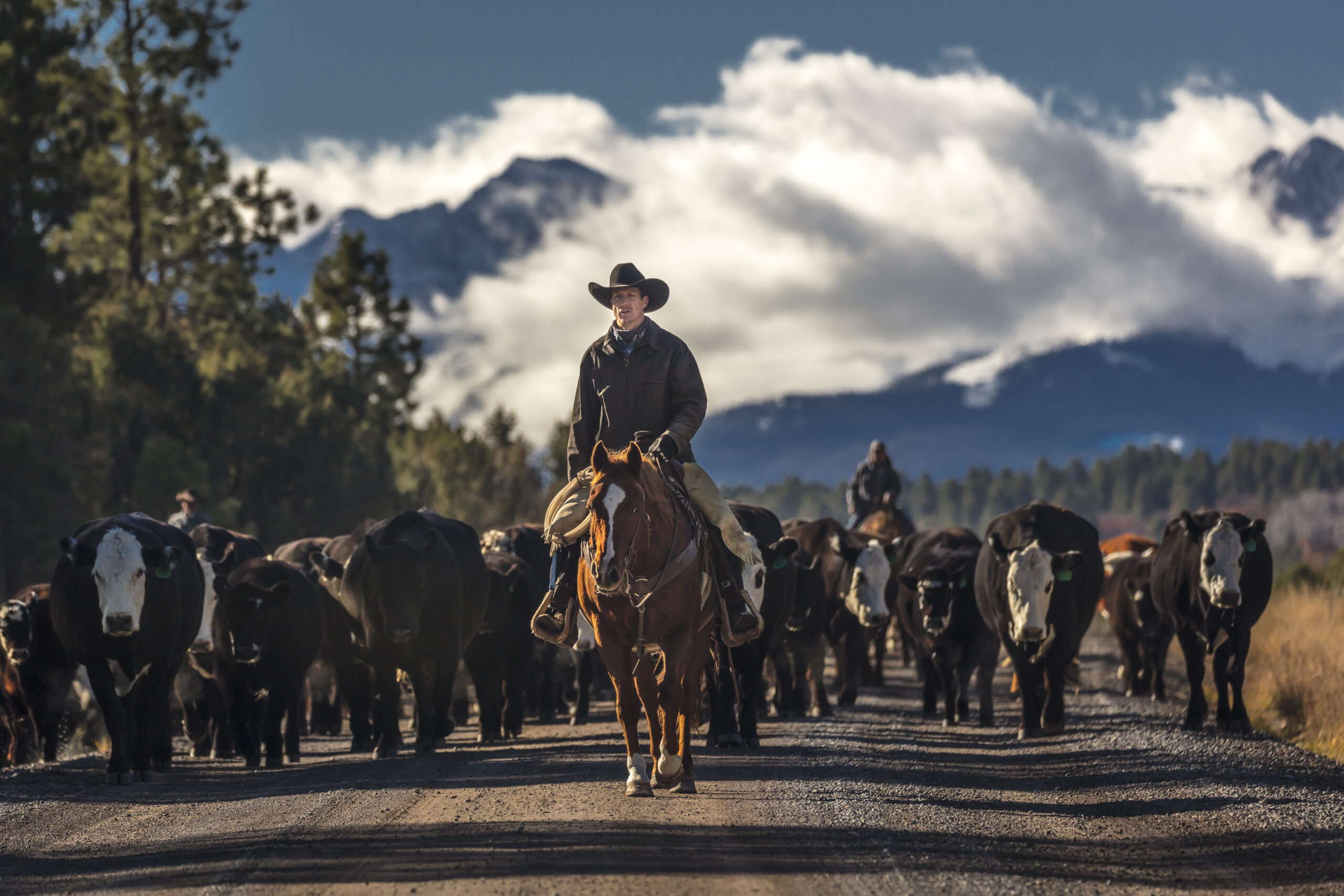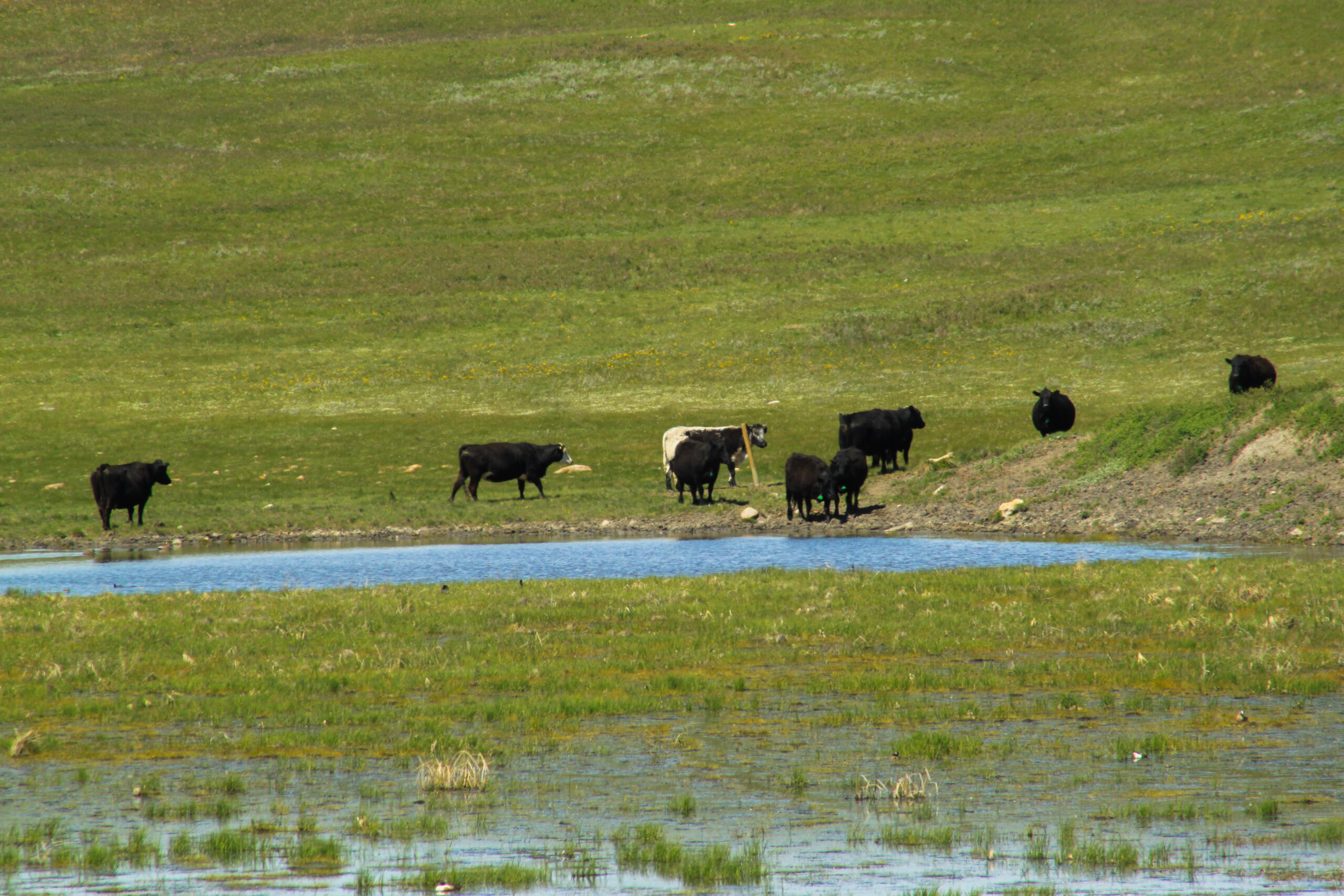AB Direct - Steers
Rail: 520.00 del
AB Direct - Heifers
Rail: 520.00 del
US Trade- Steers
Rail: ---
US Trade - Heifers
Rail: ---
Canadian Dollar
0.06
Canfax Weekly Article | Report for the week of September 16, 2024
In Alberta last week, fed prices averaged in the low $240/cwt moving lower for the eighth consecutive week, this is still $8-9/cwt higher than a year ago. Light dressed sales were reported from $405-$406/cwt delivered. Cattle that traded is being scheduled for delivery from anywhere early October to early November. Alberta fed cash-to-futures basis was…
10 Albertans among finalists for Canadian Cattle Young Leaders Program
The Canadian Cattle Young Leaders (CYL) Program, an initiative by the Canadian Cattle Association (CCA), has announced the 16 finalists for its 2024-2025 program year. The finalists were selected during the annual CYL Selections Competition, held on August 20, 2024, at the Canadian Beef Industry Conference in Saskatoon, Sask. Semi-finalists from across Canada, involved in…
BCRC highlights its past year of industry investments in research and extension
The Beef Cattle Research Council (BCRC) has released its 2023-2024 Year in Review highlighting key activities and outcomes from the past fiscal year. The report showcases how producer investments in the Canadian Beef Cattle Check-Off are tackling beef industry priorities while generating maximum value from every research dollar. “The BCRC uses producer input to direct Check-Off…
Federal government focuses on food security with new school and local food funds
The Canadian government has introduced the School Food Infrastructure Fund (SFIF) and the next phase of the Local Food Infrastructure Fund (LFIF) as part of a $62.9-million allocation in Budget 2024. These programs aim to support community-based not-for-profit organizations in improving local food security for Canadians of all ages. Minister of Agriculture and Agri-Food Canada,…
Canfax Weekly Article | Report for the week of September 9, 2024
In Alberta last week, weighted average fed steer and heifer prices closed the week around $243.50/cwt live, $1.50/cwt lower than the previous week. Over the past month, fed prices have declined $10/cwt. Light trade was reported last week with buying interest noted from all three Western Canadian packers. Dressed sales were reported from $403.25-409.00/cwt FOB…
2024 OFCAF program re-opens for additional funding applications
After successfully reviewing and approving over 1,000 applications, Results Driven Agriculture Research (RDAR) is announcing the re-opening of the 2024 On-Farm Climate Action Fund (OFCAF) program. This new intake will accept an additional 150 funding applications, fulfilling RDAR’s commitment to distributing all available OFCAF funds to Alberta producers. This initiative aims to support farmers and…
Input needed on the future of ag research in Alberta
Producers, Western Crop Innovations wants to hear from YOU! Western Crop Innovations (WCI), a newly established non-profit organization in Lacombe, Alberta, is reaching out to producers for your valuable input on its research priorities. Emerging from the 50-year legacy of the Field Crop Development Centre, WCI is transitioning to an independent model with renewed focus…
Canfax Weekly Article | Report for the week of September 3, 2024
Alberta fed steer prices closed the week near $245.90/cwt, $2/cwt lower than the previous week. Market-ready supplies are seasonally increasing, shifting leverage to the processing sector. Dressed sales ranged from $405-412/cwt FOB the feedlot. Delivery times were reported from late September to the middle of October. All three packers procured cattle last week, though numbers…
Alberta launches feasibility study for new reservoir to combat drought
In a move to address the growing water demands and potential drought risks in central Alberta, the provincial government has announced a feasibility study for a new reservoir east of Red Deer. The initiative aims to bolster water storage capacity for communities, businesses, and agricultural operations in the region. The proposed reservoir on the Red…
The Bovine: Drones, student leaders, and scaled-up research
For this episode of The Bovine, Kara Mastel sits down with Todd Ormann, Vice President of Development at Olds College of Agriculture and Technology. The duo discuss the recent AgSmart educational expo, upcoming trends in agriculture, changes within the college, and more. Tune in below, download for later, or find The Bovine on your favourite podcast…
Canfax Weekly Article | Report for the week of August 26, 2024
In Alberta last week, weighted average fed steer and heifer prices closed the week around $247/cwt live, $5/cwt lower than the previous week. Prices are at the lowest point since early April. Active trade was reported last week with buying interest was noted from all three Western Canadian packers. Dressed sales were reported from $412.00-416.50/cwt…
Are the cows getting enough quality water?
ABP is excited to feature the writings of Barry Yaremcio, ruminant nutritionist and production management consultant. Barry is a trusted voice in cattle nutrition and forage production, operating Yaremcio Ag Consulting Ltd. This article was originally published on his BYOB Blog, which can be found on his website. There have been studies conducted in Western Canada that evaluated…


